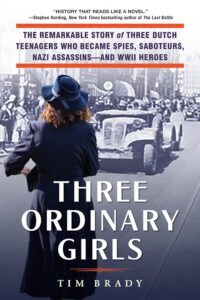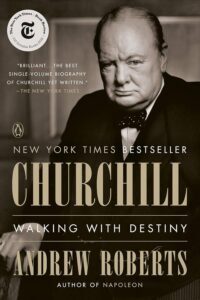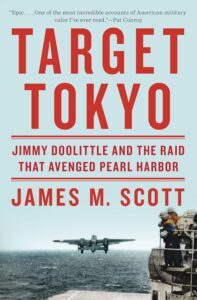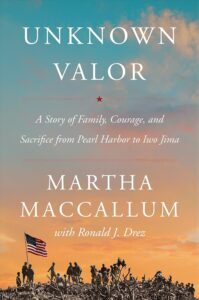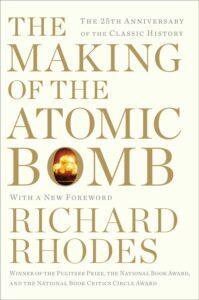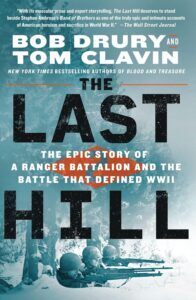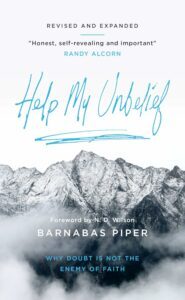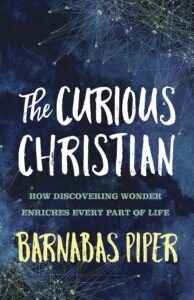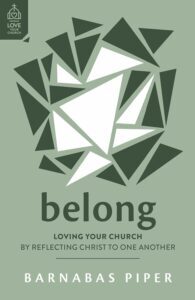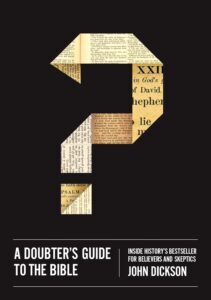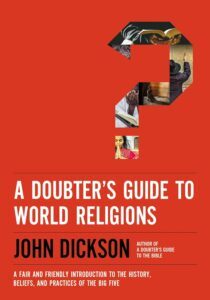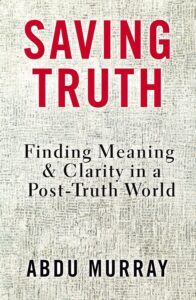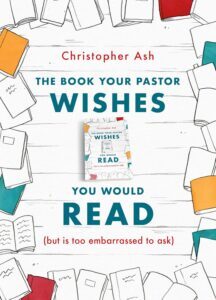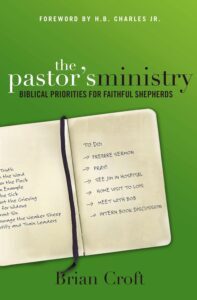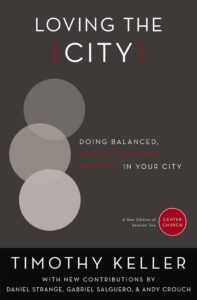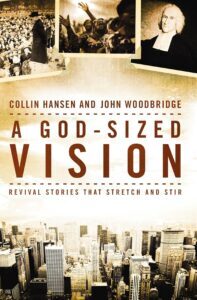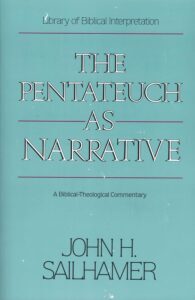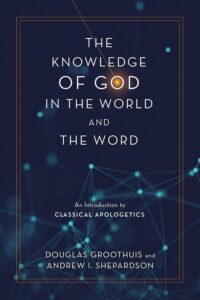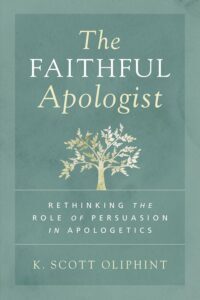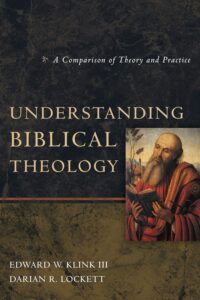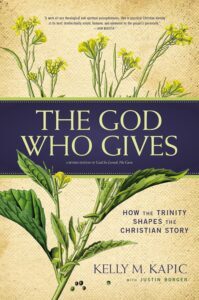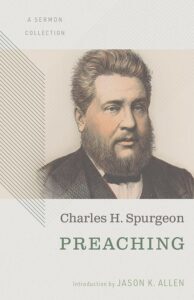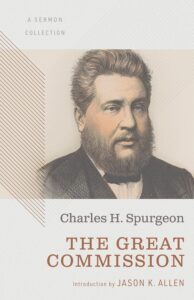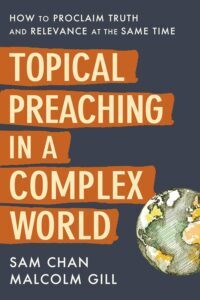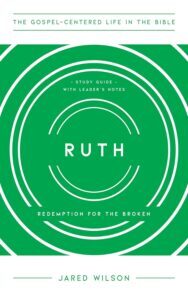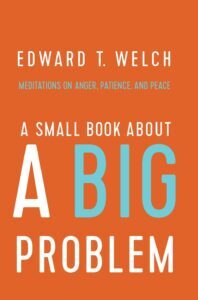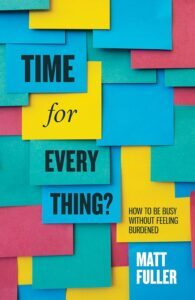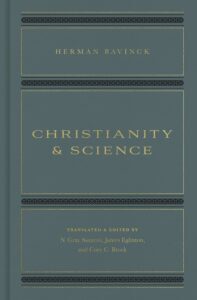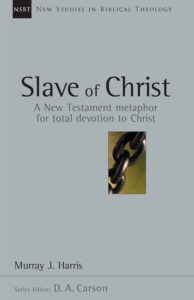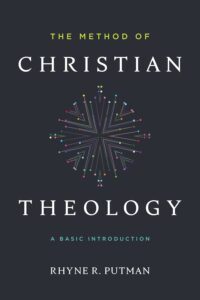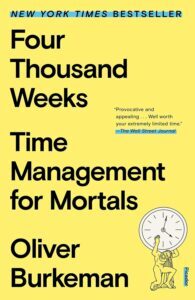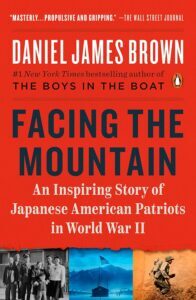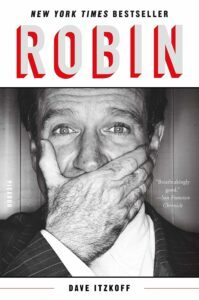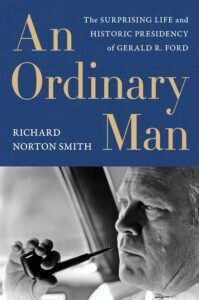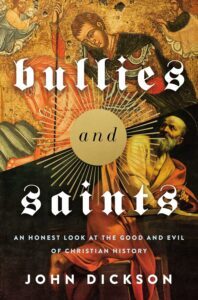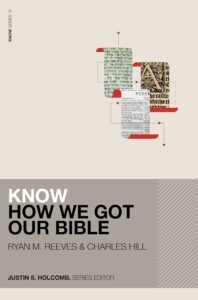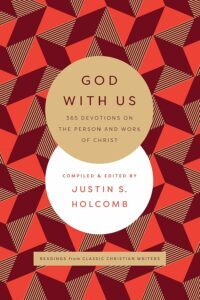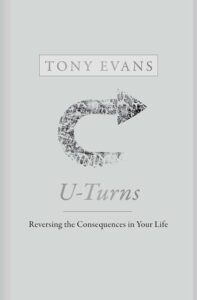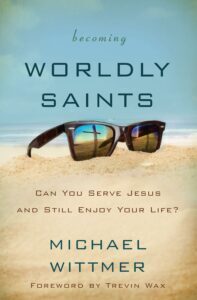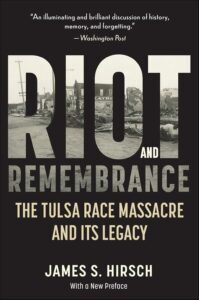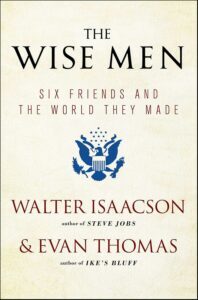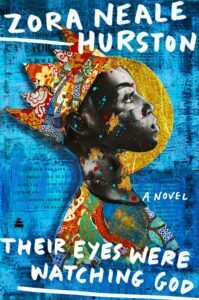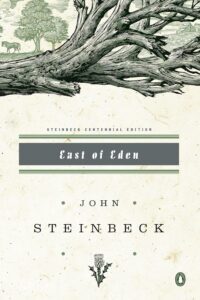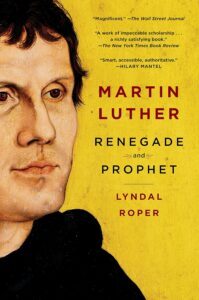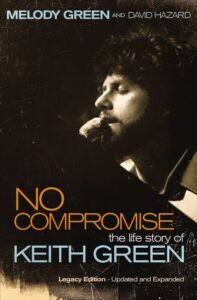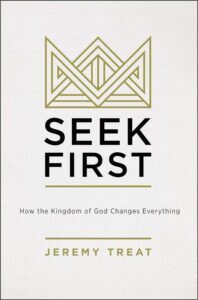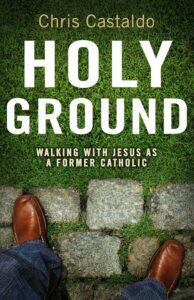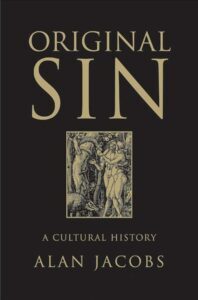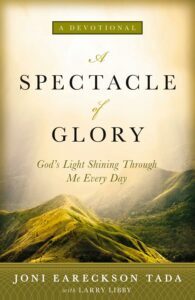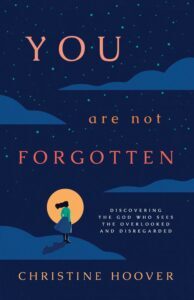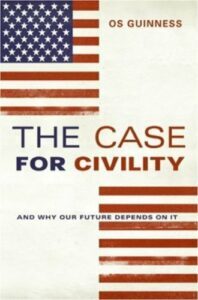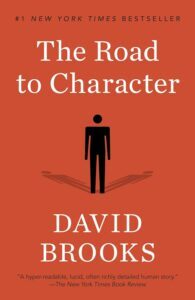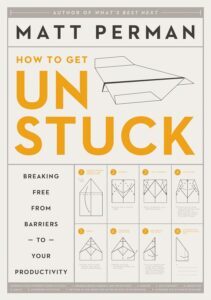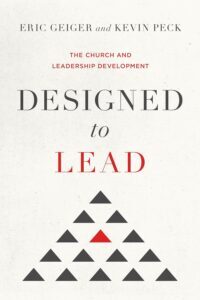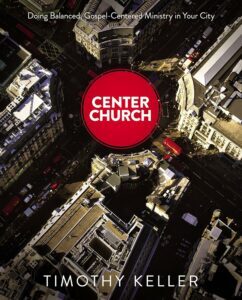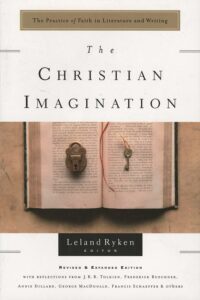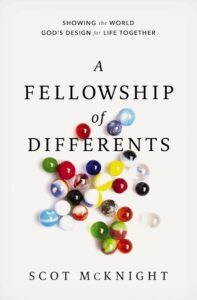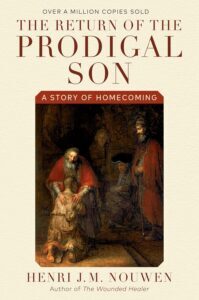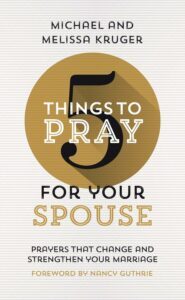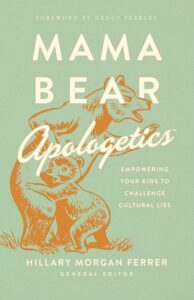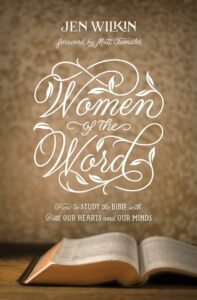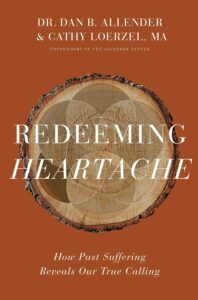Barnabas Piper's Blog, page 14
September 20, 2024
Kindle Deals for September 20
Some Kindle deals worth your mind and money today:
Three Ordinary Girls: The Remarkable Story of Three Dutch Teenagers Who Became Spies, Saboteurs, Nazi Assassins–and WWII Heroes by Tim Brady – $3.99
Churchill: Walking with Destiny by Andrew Roberts – $2.99
Target Tokyo: Jimmy Doolittle and the Raid That Avenged Pearl Harbor by James M. Scott – $2.99
Unknown Valor: A Story of Family, Courage, and Sacrifice from Pearl Harbor to Iwo Jima by Martha MacCallum – $1.99
The Making of the Atomic Bomb: 25th Anniversary Edition by Richard Rhodes – $3.99
The Last Hill: The Epic Story of a Ranger Battalion and the Battle That Defined WWII by Bob Drury and Tom Clavin – $2.99
Death in the Highlands: The Siege of Special Forces Camp Plei Me by J. Keith Saliba – $4.99
Swift Boats at War in Vietnam edited by Guy Gugliotta, John Yeoman, & Neva Sullaway – $2.99
George Washington’s Secret Spy War: The Making of America’s First Spymaster by John Nagy – $1.99
MY BOOKS:The Pastor’s Kid: What it’s Like and How to Help – $8.99
Help My Unbelief: Why doubt is not the enemy of faith – $4.99
The Curious Christian: How Discovering Wonder Enriches Every Part of Life – $4.99
Hoping for Happiness: Turning Life’s most elusive Feeling into Lasting Reality – $8.99
Belong: Loving Your Church by Reflecting Christ to One Another – $8.99
These links are Amazon affiliate links.
3 Things I Like This Week – September 20
Each week (give or take one or two here and there) I share three things I like – It could be a book, a movie, a podcast, an album, a photo, an article, a restaurant, a food item, a beverage, or anything else I simply enjoy and think you might too. You can find a whole pile of things, especially books, I like and recommend HERE.
1. Upside This one is simple. I like free money in exchange for buying things I am required to purchase any way. In this instance, gasoline. Upside is a free reward/cash back program that partners mostly with gas stations, but also some restaurants. It is as simple as linking your credit/debit card through the app and claiming the purchase at the gas station. (They offer very clear, easy instructions in the app.) Then a couple days later they put the cash back in your upside account. Once you’ve accumulated some, you can cash it out to a bank account or as a gift carrot various retailers. If you share the app with others, like I am doing now, you get rewards on their purchases as well. Basically, if you drive a lot and spend a lot on gas this is worth checking out.
This one is simple. I like free money in exchange for buying things I am required to purchase any way. In this instance, gasoline. Upside is a free reward/cash back program that partners mostly with gas stations, but also some restaurants. It is as simple as linking your credit/debit card through the app and claiming the purchase at the gas station. (They offer very clear, easy instructions in the app.) Then a couple days later they put the cash back in your upside account. Once you’ve accumulated some, you can cash it out to a bank account or as a gift carrot various retailers. If you share the app with others, like I am doing now, you get rewards on their purchases as well. Basically, if you drive a lot and spend a lot on gas this is worth checking out.
2. Bub by Drew Bratcher
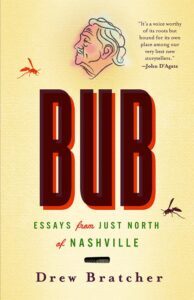 If you like beautiful memoir, southern storytelling, country music, family lore, or simply fantastic writing I cannot recommend this wonderful book by Drew Bratcher highly enough. I am admittedly biased toward this book because A) Drew is around my age so the stories he tells resonate generationally and B) he is writing about the very Nashville Suburbs where I have lived for eleven years and C) I love the eras of country music he writes about most. More than that, though, Bratcher captures the ethos of a southern family, and, while I hail from Minnesota, my roots are in Georgia and South Carolina. Like most good memoirs, this book is wonderful less because of what it is about, per se, than because of what it represents and with whom it resonates.
If you like beautiful memoir, southern storytelling, country music, family lore, or simply fantastic writing I cannot recommend this wonderful book by Drew Bratcher highly enough. I am admittedly biased toward this book because A) Drew is around my age so the stories he tells resonate generationally and B) he is writing about the very Nashville Suburbs where I have lived for eleven years and C) I love the eras of country music he writes about most. More than that, though, Bratcher captures the ethos of a southern family, and, while I hail from Minnesota, my roots are in Georgia and South Carolina. Like most good memoirs, this book is wonderful less because of what it is about, per se, than because of what it represents and with whom it resonates.
3. “Psalm 34” by the Brooklyn Tabernacle Choir
Every Sunday, as a pastor, I drive to church earlier than my family. Rarely is my heart in a particularly worshipful state. Worries, annoyances, past sins and regrets swirl around my mind and weigh down my heart. So I use the 25 minute drive as a gospel reset. Sometimes this is quiet and soothing and prayerful but other times it feels like a brawl. On those days especially, this song is the one I call on for back up. It shouts down and beats down the lies that keep my eyes off Jesus. It is joyous and powerful and true and I am pretty certain that music in heaven will sound a lot like this.
September 19, 2024
Kindle Deals for September 19
Some Kindle deals worth your mind and money today:
Help My Unbelief: Why doubt is not the enemy of faith – $4.99
A Doubter’s Guide to the Bible: Inside History’s Bestseller for Believers and Skeptics by John Dickson – $1.99
A Doubter’s Guide to World Religions: A Fair and Friendly Introduction to the History, Beliefs, and Practices of the Big Five by John Dickson – $1.99
Saving Truth: Finding Meaning and Clarity in a Post-Truth World by Abdu Murray – $1.99
The Book Your Pastor Wishes You Would Read: (but is too embarrassed to ask) by Christopher Ash – $3.99
The Pastor’s Ministry: Biblical Priorities for Faithful Shepherds by Brian Croft – $1.99
Loving the City: Doing Balanced, Gospel-Centered Ministry in Your City by Tim Keller – $1.99
A God-Sized Vision: Revival Stories that Stretch and Stir by Collin Hansen & John Woodbridge – $1.99
MY BOOKS:The Pastor’s Kid: What it’s Like and How to Help – $8.99
Help My Unbelief: Why doubt is not the enemy of faith – $4.99
The Curious Christian: How Discovering Wonder Enriches Every Part of Life – $4.99
Hoping for Happiness: Turning Life’s most elusive Feeling into Lasting Reality – $8.99
Belong: Loving Your Church by Reflecting Christ to One Another – $8.99
These links are Amazon affiliate links.
September 18, 2024
Kindle Deals for September 18
Some Kindle deals worth your mind and money today:
The Pentateuch as Narrative: A Biblical-Theological Commentary by John Sailhamer – $4.99
The Knowledge of God in the World and the Word: An Introduction to Classical Apologetics by Douglas Groothius & Andrew Shepardson – $6.99
The Faithful Apologist: Rethinking the Role of Persuasion in Apologetics by K. Scott Oliphint – $3.99
Understanding Biblical Theology: A Comparison of Theory and Practice by Edward Klink III & Darian Lockett – $3.99
The God Who Gives: How the Trinity Shapes the Christian Story by Kelly M. Kapic – $3.99
Preaching: A Sermon Collection by Charles Spurgeon – $4.99
The Great Commission: A Sermon Collection by Charles Spurgeon – $4.99
Topical Preaching in a Complex World: How to Proclaim Truth and Relevance at the Same Time by Sam Chan & Malcolm Gill
How to Read the Old Testament Book by Book: A Guided Tour by Gordon Fee & Douglas Stuart – $4.99
How to Read the New Testament Book by Book: A Guided Tour by Gordon Fee & Douglas Stuart – $4.99
Ruth: Redemption for the Broken, Study Guide with Leader’s Notes by Jared Wilson – $3.99
A Small Book about a Big Problem: Meditations on Anger, Patience, and Peace by Ed Welch – $3.99
Time for Every Thing?: How to be busy without feeling burdened by Matt Fuller – $2.99
MY BOOKS:The Pastor’s Kid: What it’s Like and How to Help – $8.99
Help My Unbelief: Why doubt is not the enemy of faith – $8.99
The Curious Christian: How Discovering Wonder Enriches Every Part of Life – $4.99
Hoping for Happiness: Turning Life’s most elusive Feeling into Lasting Reality – $8.99
Belong: Loving Your Church by Reflecting Christ to One Another – $8.99
These links are Amazon affiliate links.
September 17, 2024
Kindle Deals for September 17
Some Kindle deals worth your mind and money today:
Christianity and Science by Herman Bavinck – $2.99
Slave of Christ: A New Testament Metaphor for Total Devotion to Christ by Murray J. Harris – $2.99
The Method of Christian Theology: A Basic Introduction by Rhyne Putman – $4.99
Four Thousand Weeks: Time Management for Mortals by Oliver Burkeman – $2.99
The Things We Make: The Unknown History of Invention from Cathedrals to Soda Cans by Bill Hammack – $2.99
Facing the Mountain: An Inspiring Story of Japanese American Patriots in World War II by Daniel James Brown – $2.99
Robin by David Itzkoff – $1.99
An Ordinary Man: The Surprising Life and Historic Presidency of Gerald R. Ford by Richard Norton Smith – $1.99
MY BOOKS:The Pastor’s Kid: What it’s Like and How to Help – $8.99
Help My Unbelief: Why doubt is not the enemy of faith – $8.99
The Curious Christian: How Discovering Wonder Enriches Every Part of Life – $4.99
Hoping for Happiness: Turning Life’s most elusive Feeling into Lasting Reality – $8.99
Belong: Loving Your Church by Reflecting Christ to One Another – $8.99
These links are Amazon affiliate links.
September 16, 2024
Kindle Deals for September 16
Some Kindle deals worth your mind and money today:
Bullies and Saints: An Honest Look at the Good and Evil of Christian History by John Dickson – $2.99
Know How We Got Our Bible by Ryan Reeves & Charles Hill – $1.99
God with Us: 365 Devotions on the Person and Work of Christ by Justin Holcomb – $3.99
U-Turns: Reversing the Consequences in Your Life by Tony Evans – $4.27
Becoming Worldly Saints: Can You Serve Jesus and Still Enjoy Your Life? by Michael Wittmer – $.99
Say It Loud!: Great Speeches on Civil Rights and African American Identity edited by Catherine Ellis & Stephen Drury – $3.99
Riot and Remembrance: The Tulsa Race War and Its Legacy by James Hirsch – $1.99
The Wise Men: Six Friends and the World They Made by Walter Isaacson & Evan Thomas – $3.99
Their Eyes Were Watching God: A Novel by Zora Neale Hurston – $2.99
East of Eden by John Steinbeck – $1.99
MY BOOKS:The Pastor’s Kid: What it’s Like and How to Help – $8.99
Help My Unbelief: Why doubt is not the enemy of faith – $8.99
The Curious Christian: How Discovering Wonder Enriches Every Part of Life – $4.99
Hoping for Happiness: Turning Life’s most elusive Feeling into Lasting Reality – $8.99
Belong: Loving Your Church by Reflecting Christ to One Another – $8.99
These links are Amazon affiliate links.
An Uncomfortable Command
One of the most uncomfortable verses in the Bible is Matthew 5:44 where Jesus says “Love your enemies.” If we are totally honest, we either wish it didn’t exist or we work hard to convince ourselves that Jesus couldn’t really have meant what he very clearly said.
But there are no qualifications, and that’s why it is so uncomfortable. It doesn’t say “love your enemies once they stop acting stupid” or “love your enemies when they apologize.” It doesn’t offer gradations of enemy so we can love the lesser ones but still harbor bitterness toward the really bad ones. It just says “love your enemies,” period. And that is hard. To love our enemies is to go against our very nature. This command is about as possible as making yourself taller or changing your gene pool. So this is impossible . . . outside of God’s transforming work through Christ.
“God shows his love for us in that while we were still sinners, Christ died for us.” (Romans 5:8)
“Greater love has no one than this, that someone lay down his life for his friends.” (John 15:13)
God loved us to the degree that he sent his beloved Son to die for us even while we were yet sinners, or rather enemies. Christ called us friends even as he prepared to give his life. Because of this great love we are no longer enemies, but children of God. That is the power of his love for His enemies, and he has shared it with us.
We struggle to believe we could love our enemies at all, because we look into our own hearts for the capacity and desire. But when we look to Christ we see that He has given us enough to not only love them, but to love to such a degree that they too may become children of God. The love of God in Christ is not just for comfort and healing (though it is that). It is a miraculous, transforming power in us and through us.
I originally wrote this post for my church, Immanuel Nashville, in our Daily Pulse email. If you want encouragement from God’s word delivered Monday thru Friday to your inbox, I encourage you to subscribe.
September 13, 2024
3 Things I Like This Week – September 13
Each week (give or take one or two here and there) I share three things I like – It could be a book, a movie, a podcast, an album, a photo, an article, a restaurant, a food item, a beverage, or anything else I simply enjoy and think you might too. You can find a whole pile of things, especially books, I like and recommend HERE.
1. City Alight Music There was a time not so many years or decades ago when finding good worship music for the church was nearly impossible. There were classic hymns, which are wonderful, but there wasn’t much in the way of lyrically faithful, poetically beautiful, musically singable and pleasant contemporary worship music. Then, over the past couple decades there has been an explosion of contemporary worship music with so many offerings from so many sources that the problem actually remained the same, but now we’re forced to sort through piles and piles of mediocrity to find songs of biblical substance and beauty. So to find a music ministry like CityAlight is so refreshing. They are based out of a local church and it shows because the songs they write and produce are for congregational singing. They consistently offer songs of biblical depth and the sort of musicality that is pleasant and memorable. On top of that, they are the kinds of songs that can be adapted to use for churches of different styles or musical capability. If your church is small and has a single musician or two CityAlight songs can work for you. And the same goes if you have a large, highly skilled band. I have found such refreshment and encouragement in their music, and I’m so grateful to have found a reliable, consistent source of good (in every sense of that word) worship music.
There was a time not so many years or decades ago when finding good worship music for the church was nearly impossible. There were classic hymns, which are wonderful, but there wasn’t much in the way of lyrically faithful, poetically beautiful, musically singable and pleasant contemporary worship music. Then, over the past couple decades there has been an explosion of contemporary worship music with so many offerings from so many sources that the problem actually remained the same, but now we’re forced to sort through piles and piles of mediocrity to find songs of biblical substance and beauty. So to find a music ministry like CityAlight is so refreshing. They are based out of a local church and it shows because the songs they write and produce are for congregational singing. They consistently offer songs of biblical depth and the sort of musicality that is pleasant and memorable. On top of that, they are the kinds of songs that can be adapted to use for churches of different styles or musical capability. If your church is small and has a single musician or two CityAlight songs can work for you. And the same goes if you have a large, highly skilled band. I have found such refreshment and encouragement in their music, and I’m so grateful to have found a reliable, consistent source of good (in every sense of that word) worship music.
2. Inconceivable by Cary Elwes
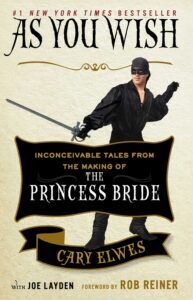 I saw a ranking recently of the top 10 most quotable movies, and sure enough, The Princess Bride was at the top of the list. If you haven’t seen this classic, I don’t know what to tell you other than that I am disappointed in you, it shows a real lack of discernment, but don’t worry because you can easily remedy this minor failing through any streaming service. Few movies have been enjoyed across generations, gender lines, and by viewers of so many different genres. But I am not here to flog the merits of a movie you all should have seen and loved. I am here to laud a book about the making of said movie by one of its stars, Cary Elwes who played Westley. I normally eschew celebrity memoirs because of their tendency toward self-aggrandizement, name dropping, and generally rubbish writing. This is not that. It is more like a celebration of Elwes’s fellow cast members and movie makers in which they revel in the sheer delight of this film. It feels like sitting at a table with them after the official cast reunion ended while they share a few drinks and swap stories. If you love The Princess Bride, you will enjoy this book. In that vein, the audiobook is even more fun than the print version because it is in the voice we can all hear say such lines as, “There are a shortage of perfect breasts in the world, t’would be a pity to damage yours,” “R.O.U.S.s? I don’t believe they exist,” and of course, “As You Wish.”
I saw a ranking recently of the top 10 most quotable movies, and sure enough, The Princess Bride was at the top of the list. If you haven’t seen this classic, I don’t know what to tell you other than that I am disappointed in you, it shows a real lack of discernment, but don’t worry because you can easily remedy this minor failing through any streaming service. Few movies have been enjoyed across generations, gender lines, and by viewers of so many different genres. But I am not here to flog the merits of a movie you all should have seen and loved. I am here to laud a book about the making of said movie by one of its stars, Cary Elwes who played Westley. I normally eschew celebrity memoirs because of their tendency toward self-aggrandizement, name dropping, and generally rubbish writing. This is not that. It is more like a celebration of Elwes’s fellow cast members and movie makers in which they revel in the sheer delight of this film. It feels like sitting at a table with them after the official cast reunion ended while they share a few drinks and swap stories. If you love The Princess Bride, you will enjoy this book. In that vein, the audiobook is even more fun than the print version because it is in the voice we can all hear say such lines as, “There are a shortage of perfect breasts in the world, t’would be a pity to damage yours,” “R.O.U.S.s? I don’t believe they exist,” and of course, “As You Wish.”
3. The Athletic
 I have been a massive sports fan since I was a small child. Once upon a time I had the leisure and margin to browse multiple sites and read many articles daily about my favorite teams and the various happenings around various leagues. Now I’m older, busier, and more tired. And my tolerance fro bad writing and reporting is low. So The Athletic is my go-to as a sports fan. It is the best collection of sports journalists and analysts available. They offer great coverage of local teams as well as league-wide coverage for major sports. It’s everything ESPN.com or SI.com should be but have given up on. As those former behemoths cast off good reporters and analysts, The Athletic continues to build a staff of good writers and reporters who make following sports both more enjoyable and easier. (As a bonus they generally offer great deals for first-time subscribers, including free guest passes from subscribers like me.)
I have been a massive sports fan since I was a small child. Once upon a time I had the leisure and margin to browse multiple sites and read many articles daily about my favorite teams and the various happenings around various leagues. Now I’m older, busier, and more tired. And my tolerance fro bad writing and reporting is low. So The Athletic is my go-to as a sports fan. It is the best collection of sports journalists and analysts available. They offer great coverage of local teams as well as league-wide coverage for major sports. It’s everything ESPN.com or SI.com should be but have given up on. As those former behemoths cast off good reporters and analysts, The Athletic continues to build a staff of good writers and reporters who make following sports both more enjoyable and easier. (As a bonus they generally offer great deals for first-time subscribers, including free guest passes from subscribers like me.)
Kindle Deals for September 13
Some Kindle deals worth your mind and money today:
Amazing Grace: The Life of John Newton and the Surprising Story Behind His Song by Bruce Hindmarsh & Craig Borlase – $1.99
Martin Luther: Renegade and Prophet by Lyndal Roper – $4.99
No Compromise: The Life Story of Keith Green by Melody Green – $2.99
Seek First: How the Kindgom of God Changes Everything by Jeremy Treat – $1.99
Holy Ground: Walking with Jesus as a Former Catholic by Chris Costaldo – $.99
Original Sin: A Cultural History by Alan Jacobs – $2.99
A Spectacle of Glory: God’s Light Shining through Me Every Day by Joni Eareckson Tada – $1.99
You Are Not Forgotten: Discovering the God Who Sees the Overlooked and Disregarded by Christine Hoover – $4.99
The Case for Civility: And Why Our Future Depends on It by Os Guinness – $1.99
The Road to Character by David Brooks – $4.99
MY BOOKS:The Pastor’s Kid: What it’s Like and How to Help – $8.99
Help My Unbelief: Why doubt is not the enemy of faith – $8.99
The Curious Christian: How Discovering Wonder Enriches Every Part of Life – $4.99
Hoping for Happiness: Turning Life’s most elusive Feeling into Lasting Reality – $8.99
Belong: Loving Your Church by Reflecting Christ to One Another – $8.99
These links are Amazon affiliate links.
September 12, 2024
Kindle Deals for September 12
Some Kindle deals worth your mind and money today:
How to Get Unstuck: Breaking Free from Barriers to Your Productivity by Matt Perman – $1.99
Designed to Lead: The Church and Leadership Development by Eric Geiger & Kevin Peck – $4.99
Center Church: Doing Balanced, Gospel-Centered Ministry in Your City by Tim Keller – $1.99
The Christian Imagination: The Practice of Faith in Literature and Writing by Leland Ryken – $4.99
A Fellowship of Differents: Showing the World God’s Design for Life Together by Scot McKnight – $1.99
The Return of the Prodigal Son: A Story of Homecoming by Henri Nouwen – $4.99
5 Things to Pray for Your Spouse: Prayers That Change and Strengthen Your Marriage by Melissa Kruger – $3.99
Mama Bear Apologetics : Empowering Your Kids to Challenge Cultural Lies by Hillary Morgan Ferrer – $6.55
: Empowering Your Kids to Challenge Cultural Lies by Hillary Morgan Ferrer – $6.55
Women of the Word: How to Study the Bible with Both Our Hearts and Our Minds by Jen Wilkin – $6.51
Redeeming Heartache: How Past Suffering Reveals Our True Calling by Dan Allender – $1.99
MY BOOKS:The Pastor’s Kid: What it’s Like and How to Help – $8.99
Help My Unbelief: Why doubt is not the enemy of faith – $8.99
The Curious Christian: How Discovering Wonder Enriches Every Part of Life – $4.99
Hoping for Happiness: Turning Life’s most elusive Feeling into Lasting Reality – $8.99
Belong: Loving Your Church by Reflecting Christ to One Another – $8.99
These links are Amazon affiliate links.

